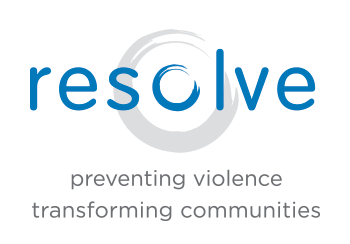We pride ourselves at IMPACT for basing our programs on solid research and responding to dangers in the community. Occasionally the research or the danger changes, which means our program changes.
A Washington Post article from 2010 summarized data from the National Center for Missing & Exploited Children showing how rare stranger abductions are in the United States. IMPACT’s children’s class has always emphasized boundary-setting with people you know more than safety with strangers. We do this because data shows the majority of assaults and abuse of children are perpetrated by people they know.
IMPACT is shifting its children’s classes to incorporate this research, and because we have found a few issues with strict rules with strangers. The first issue is that following these rules often becomes more important than listening to one’s intuition, which is an important skill for a child to cultivate. Children are also likely to break the “stranger rules” if they need help, which can be confusing (a policeman is also a stranger). Teaching them to avoid strangers may create xenophobia and decrease an impetus to intervene as bystanders that witness violence. We believe this later works against the safe communities we all try to create. Most skills we teach with strangers in our adult and teen classes are transferable skills (i.e. skills that might be easier to role-play while imagining a stranger, though they can also be useful later with someone we know). IMPACT teaches awareness, yelling and physical techniques that are still appropriate and useful responses in stranger scenarios.
I am proud to announce that our children’s classes will continue focusing on teaching transferable skills, teaching awareness and boundary-setting with people that the children know (both adults and bullies) as well as physical self-defense skills with a non-specific “bad guy.” We will also incorporate role-plays with strangers where the children have to rely on their intuition (with coaching and feedback from staff and other students) to judge how to best interact and when they need to find a trusted adult.
Please join me in congratulating our staff in making this bold move to take a further step away from “stranger danger” in order to better prepare our children for life without scaring them. And if you have little ones, we’d love to see them in our class at the end of the month!
